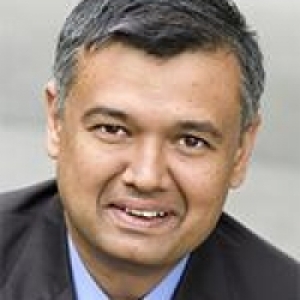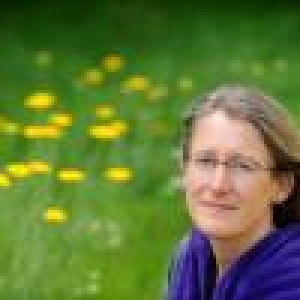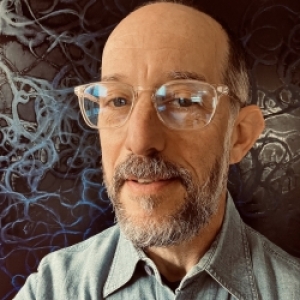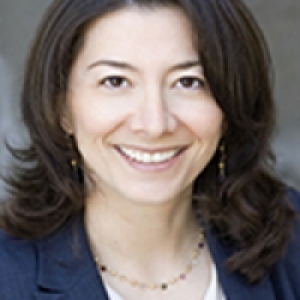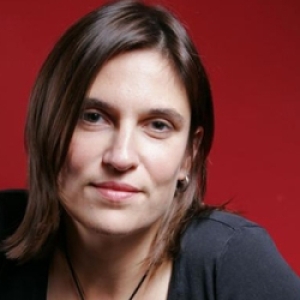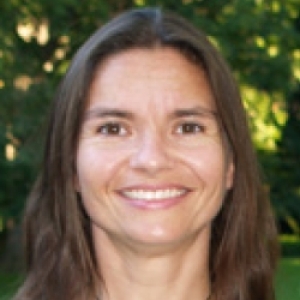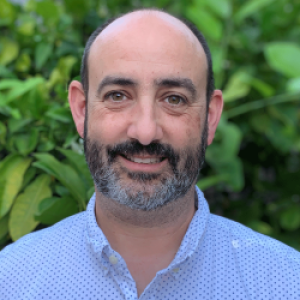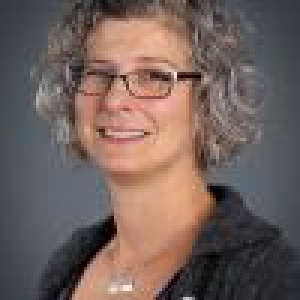- AB in Molecular Biology from the University of Californa, Berkeley
- PhD in Biochemistry & Biophysics from the University of California, San Francisco
- Post-doctoral Research in Microbial Ecology & Genomics at the University of California at Berkeley, the Monterey Bay Aquarium Research Institute (MBARI) and the University of Washington, Seattle
Our research group studies the ecology, evolution and cell biology of microorganisms living in extreme environments, particularly terrestrial hot springs.
We are interested in how environmental conditions (chemistry, pH, temperature) and evolutionary history influence the composition and function of natural microbial communities in these extreme environments., with special attention to the contribution of these microorganisms to the Carbon and Nitrogen biogeochemical cycles.
Because of this focus, our work is at the exciting intersection many disciplines, including Microbiology, Ecology, Evolution, Genomics, Bioinformatics and Biogeochemistry. Although this can sometimes be daunting, it means we are constantly interacting with other scientists in different fields and we're always learning new things!
We have ongoing research projects in Yellowstone National Park, California and Nevada, and have been working closely with researchers at the University of Washington, University of Nevada Las Vegas, Montana State University, Arizona State University, Northern Arizona University and UC Davis.
All of the research projects in the lab are carried out by undergraduate and graduate students.
Website:
https://archaealab.weebly.com/
